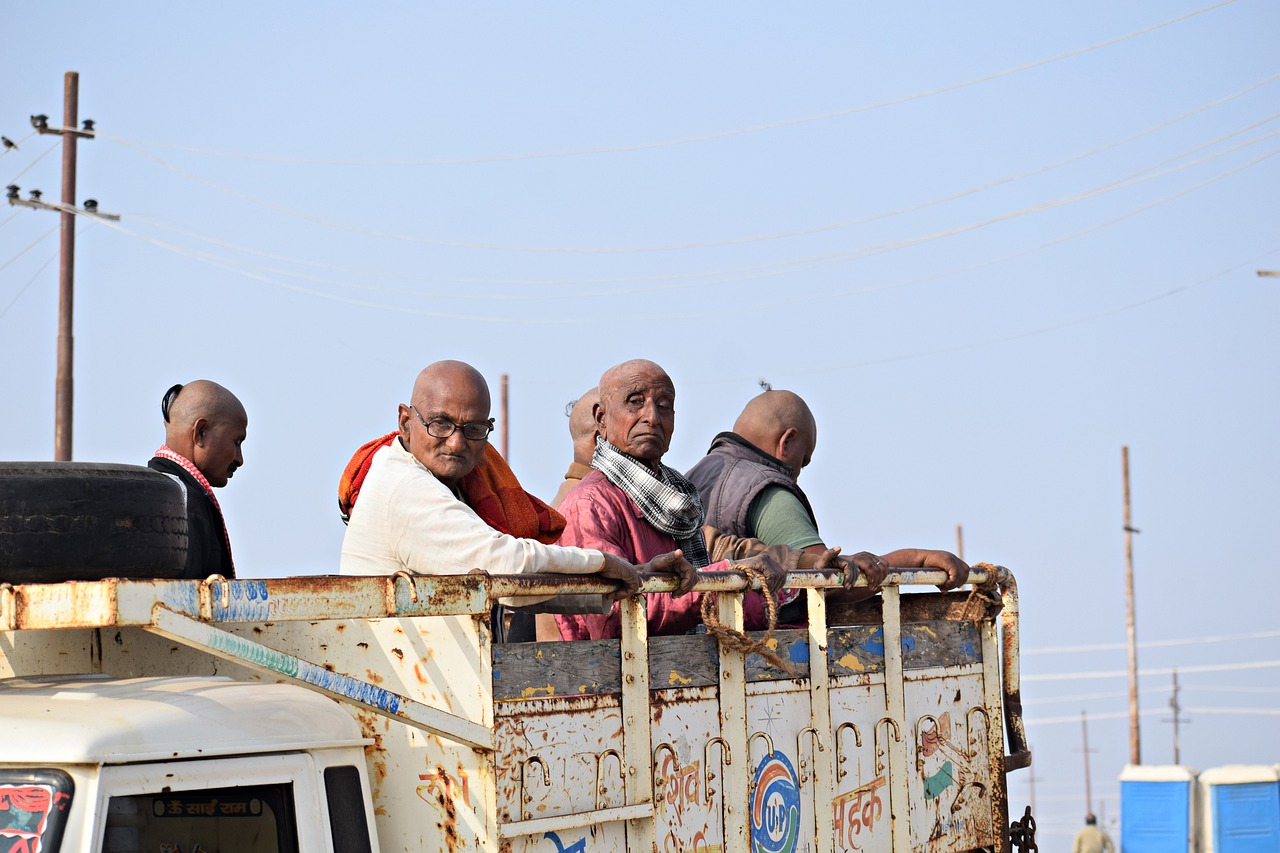Women in Politics: Breaking Barriers and Glass Ceilings
Women in politics often encounter numerous challenges that hinder their ability to thrive in the political arena. One significant obstacle is the pervasive gender bias and stereotypes that still exist within political circles. Women are often seen as less competent or qualified than their male counterparts, facing heightened scrutiny and criticism simply based on their gender. This bias can impact women’s confidence and ability to effectively assert themselves in leadership roles.
Furthermore, the lack of representation of women in key decision-making positions remains a notable challenge in politics. Women are frequently underrepresented in positions of power and influence, which can limit their ability to advocate for issues that are important to them and their constituents. This lack of representation not only affects individual women in politics but also contributes to a broader systemic issue of gender imbalance in political leadership.
Historical Progress of Women in Politics
Women have long been underrepresented in the political arena throughout history. It wasn’t until the late 19th and early 20th centuries that women began to actively fight for their right to participate in politics. In 1893, New Zealand became the first country to grant women the right to vote, paving the way for other nations to follow suit.
The suffrage movements in various countries, such as the United States and the United Kingdom, played a crucial role in advancing women’s political rights. These movements led to significant milestones, including the passing of the 19th Amendment in the U.S. in 1920, which granted women the right to vote, and the election of the first female Members of Parliament in the UK in 1918. These achievements marked important strides in the historical progress of women in politics.
What are some of the challenges faced by women in politics?
Some of the challenges faced by women in politics include gender discrimination, lack of access to resources and funding, societal expectations and stereotypes, and balancing family and political responsibilities.
How has the historical progress of women in politics evolved over time?
The historical progress of women in politics has seen significant advancements, with women gaining the right to vote, hold political office, and advocate for policies that benefit women and marginalized communities.
What are some key milestones in the historical progress of women in politics?
Some key milestones in the historical progress of women in politics include the suffrage movement, the election of the first female heads of state, the passage of legislation promoting gender equality, and the increase in the number of women serving in political leadership roles.
How can we continue to support and empower women in politics?
We can continue to support and empower women in politics by promoting gender diversity in political leadership, advocating for policies that promote gender equality, providing mentorship and support for women entering politics, and challenging gender biases and stereotypes.





